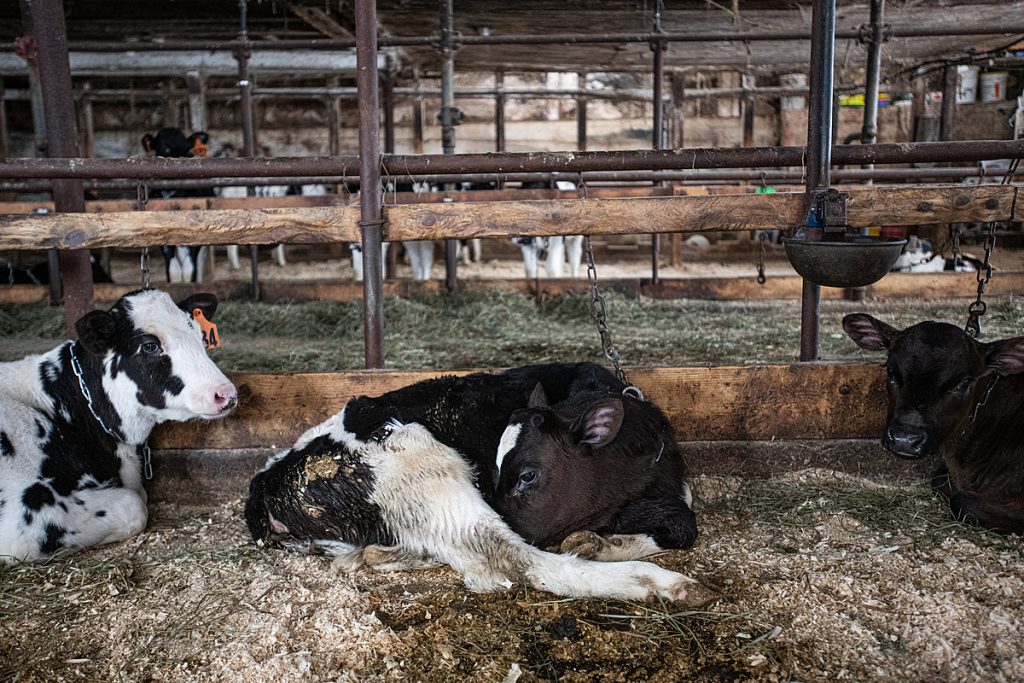
Last month’s celebration of a victory with the US Supreme Court decision upholding California’s right to regulate the treatment of animals out-of-state who are to be sold in California is replaced by a threat to Prop 12 in California and to any effort in other states to enact animal welfare standards for animals raised for food. The court’s decision was grounded in the fact that there are no federal standards related to farmed animals (in this case, pigs) and therefore the state could fill that void without violating the constitution. Implicit in the Supreme Court’s decision was that the Congress could legislate federal standards using its power under the Constitution’s Commerce Clause.
The decision upholds legislation in a number of states, including Michigan, that have enacted legislation to improve the lives of animals raised for food and applied the standards to all sales in the state (a so-called “sales ban”). These enhanced animal welfare standards provide the most basic relief from the worst practices of industrial agriculture — battery cages for egg-laying hens, gestation crates for sows, and veal crates for calves. These hard-fought gains were at risk if the Supreme Court had invalidated the California standards.
A bill introduced today in the U.S. Senate demonstrates the risk still exists. The ‘‘Ending Agricultural Trade Suppression” (EATS) Act would prohibit “States and local jurisdictions from interfering with the production and distribution of agricultural products in interstate commerce” and make it easy for private individuals to sue and get orders stopping humane practices from continuing or fom going into effect. The bill is sponsored by seven Senators from the top meat- producing states. A companion bill is expected to be introduced later in the House
Laws like Prop. 12 have succeeded because of growing public demand for better treatment of animals. A 2022 Data for Progress polling shows that 80% of likely voters stating that preventing animal cruelty is a matter of personal moral concern. A March 2023 survey commissioned by the ASPCA found that 79% of respondents are “somewhat or very concerned about the negative impacts of industrial animal agriculture on animal welfare, second only to their concern about its impact on public and community health.”
Some producers and retailers are beginning to voluntarily comply with Prop. 12 and other states’ welfare standards in response.
This is a dangerous bill and shows the tenacity of certain industrial agriculture interests who have turned to Congress after losing in court. The farm bill is being negotiated this year. We have seen efforts similar to the EATS Act in the past two farm bills, which have served to galvanize animal advoates.
We call on our supporters and all animal advocates to contact their federal elected officials. You can find them here. Tell them to oppose the ‘‘Ending Agricultural Trade Suppression” (EATS) Act because it would undermine and undo states’ efforts to protect animals, people and the environment.
